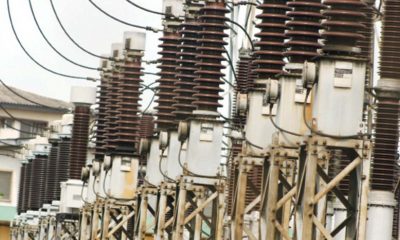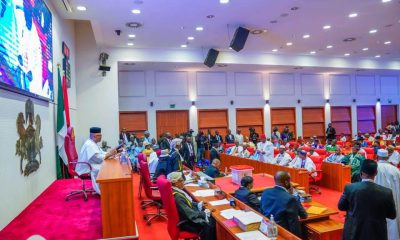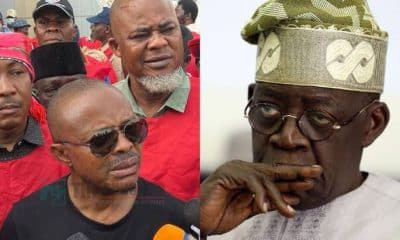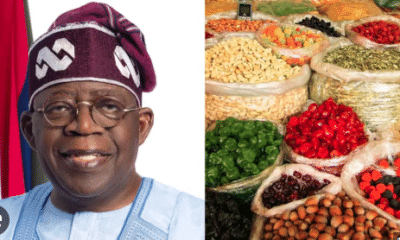Business
CBN Gov, Cardoso Reveals When Interest Rates Will Drop Low
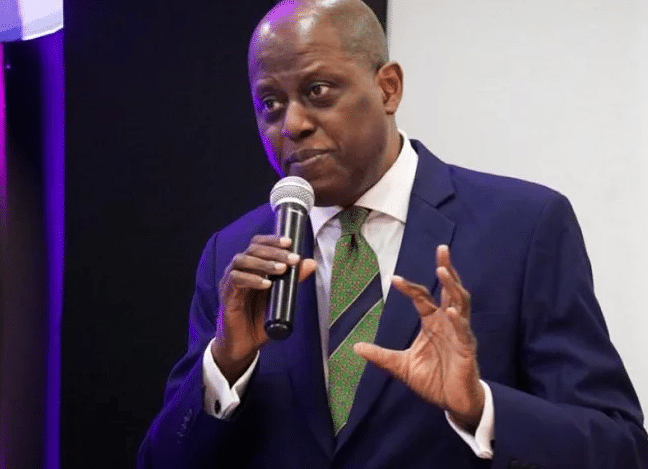
The governor of the Central Bank of Nigeria (CBN), Olayemi Cardoso, has suggested that interest rates will remain elevated until the inflation rate decreases.
According to him, the CBN Monetary Policy Committee (MPC) is taking all necessary measures to combat inflation.
Cardoso also mentioned that conventional policies will be put in place to control inflation.
Naija News understands that Nigeria’s inflation rate climbed to 33.20 per cent in March, up from 31.70 per cent in February. As a result, the CBN’s monetary policy committee (MPC) increased the interest rate by 200 basis points in March to 24.75 per cent.
Speaking, however, on the events, Cardoso said: “They will continue to do what has to be done to ensure that inflation comes down.
“Let’s face it: for a long period of time, the CBN did not embrace orthodox monetary policies.
“We want to go back to using an orthodox method, and it will take us to where we want to go.”
The CBN governor said the apex bank had been “reoriented” to focus on “price and monetary stability”.
The governor stated that the official window of the foreign exchange (FX) market has been brought to a stable state.
As per his remarks, investors used to have an inclination to approach the window when faced with currency fluctuations, but there has been a significant change in this pattern.
Cardoso mentioned that investors are now becoming more at ease with the market.
Naija News understands that the naira dropped to a record low of ₦1,627.40/$ in the official FX window on March 8 before bouncing back to ₦1,154.08/$ on April 18. However, following this recovery, the local currency started to decline once again.
By May 10, the official FX rate was recorded at ₦1,466.31/$.
Cardoso emphasized the importance of increasing interest rates, stating that it has been essential. He expressed concerns that prolonged high interest rates could discourage investment and hinder production.
“Hiking interest rates obviously has had a dampening effect on the foreign exchange market, so that has begun to moderate. It’s not a zero-sum game. You lose on one side, you get on the other,” he said.
Cardoso attributed the higher inflation to “distortions,” primarily caused by the soaring food prices, stating that it exceeded his expectations. He further emphasized that the Central Bank of Nigeria (CBN) does not have direct control over this issue.
In March, food inflation surged to 40.01 per cent, a significant increase from the 24.45 per cent rate observed in the corresponding month of the previous year.



